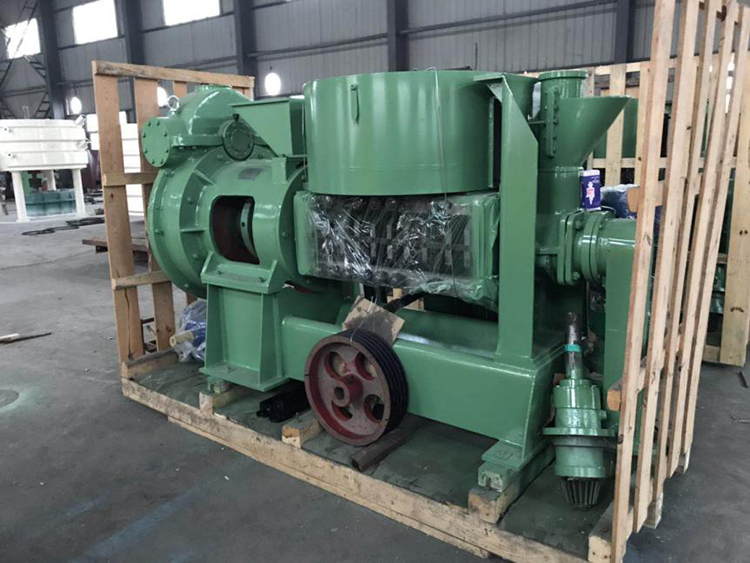Aug . 22, 2024 05:20 Back to list
Peanut Oil Refining Equipment Cost and Price Guide for 2023
Understanding the Pricing of Peanut Oil Refining Machines
Peanut oil, known for its rich flavor and high smoke point, is a preferred cooking oil in many households and commercial kitchens around the world. As the demand for peanut oil continues to rise, so does the need for efficient and high-quality refining processes. One crucial aspect of starting or expanding a peanut oil production business is understanding the cost associated with peanut oil refining machines. This article provides insights into the factors that influence the pricing of these machines and what potential buyers should consider.
Factors Influencing Prices
1. Type of Machine Peanut oil refining machines come in various types, including batch, semi-continuous, and fully continuous systems. Batch machines are generally more affordable but may not offer the same efficiency or output as continuous systems. The price escalates with increased automation and capacity, as continuous machines are designed for high-volume production.
2. Capacity The capacity of the machine is a significant determinant of its price. Smaller machines suitable for small-scale operations can range from a few thousand dollars, while large-scale industrial machines may cost hundreds of thousands. Buyers should carefully assess their production needs to choose a machine that balances cost with capacity.
3. Quality and Technology The technology used in manufacturing the refining machines also affects price. Advanced technologies, such as vacuum refining and degumming systems, increase efficiency and oil quality, leading to higher costs. Investing in high-quality machines often results in better oil quality and longer service life, making it a worthwhile expenditure.
peanut oil refining machine pricelist

4. Brand and Manufacturer Reputation The reputation of the manufacturer plays a crucial role in pricing. Established brands with a history of quality assurance, technological innovation, and customer service typically charge a premium for their machines. However, purchasing from a reputable manufacturer can provide peace of mind regarding the machine's performance and support services after the sale.
5. Additional Features Many peanut oil refining machines come with additional features, such as automatic controls, energy-saving systems, and user-friendly interfaces. These features enhance operational efficiency but also contribute to a higher initial investment. Buyers should weigh the benefits of these features against their budget and operational needs.
Cost Ranges
While prices can vary widely, a general range for peanut oil refining machines can be outlined. Small-scale batch machines may start at around $5,000 to $15,000, while mid-range machines capable of processing larger volumes can cost between $20,000 and $50,000. Fully automated industrial machines can range from $50,000 to over $150,000, depending on their features and capacity.
Conclusion
When investing in peanut oil refining machines, understanding the factors that influence pricing is essential. By evaluating the type of machine, its capacity, the quality of technology, manufacturer reputation, and additional features, buyers can make informed decisions that align with their business goals and budget. It's crucial to balance cost against the expected output and quality of the final product. As the peanut oil market continues to evolve, having the right machinery will be a vital part of ensuring success and competitiveness in the industry. Always remember to conduct thorough research, seek recommendations, and consider long-term operational costs when selecting a refining machine. This careful approach will help in achieving a profitable and sustainable peanut oil production business.
-
Food Oil Refined Machine Companies: High-Efficiency Oil Refining
NewsAug.25,2025
-
Popular Commercial Oilseed Crushing Machinery | High-Yield Oil Expeller Press
NewsAug.24,2025
-
Food Oil Refined Unit Companies: Leading Manufacturers & Exporters
NewsAug.23,2025
-
Expert Oil Filter Machine Service & Solutions | Quality & Reliability
NewsAug.22,2025
-
LZY-206 Double Screw Cold Oil Press – Maximize Yield, Preserve Nutrients
NewsAug.21,2025
-
Efficient Black Seed Oil Expeller & Multi-Seed Oil Press
NewsAug.19,2025
